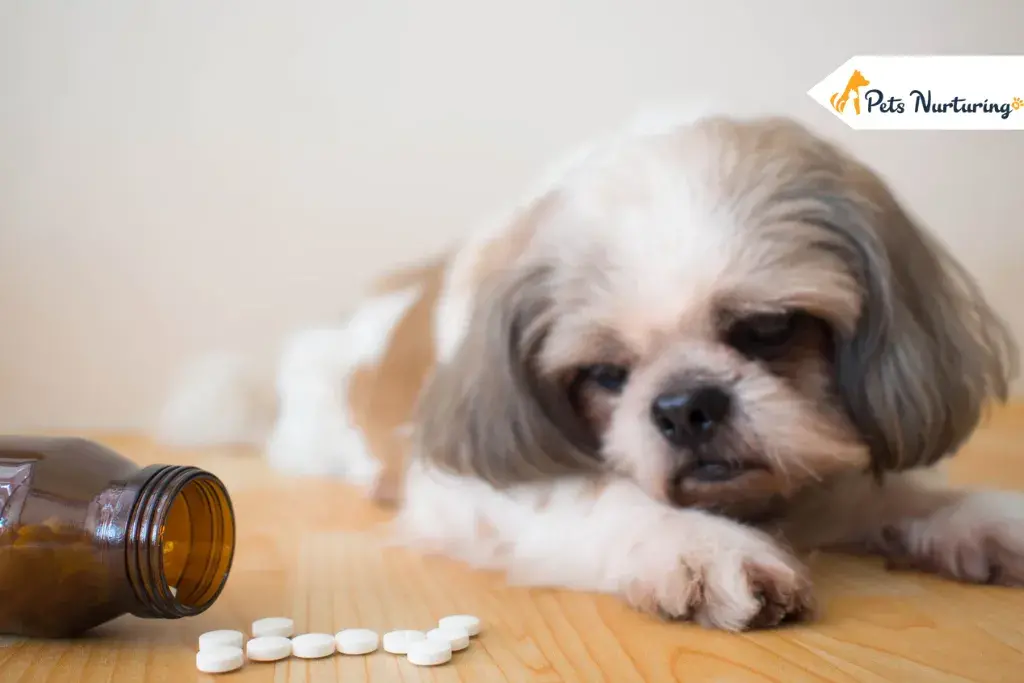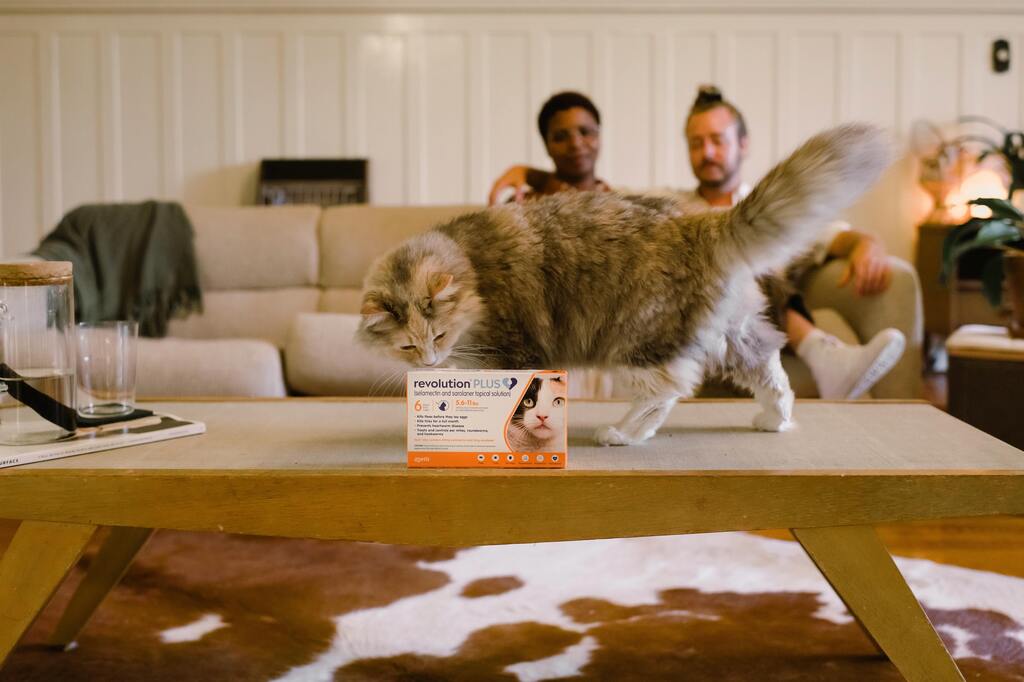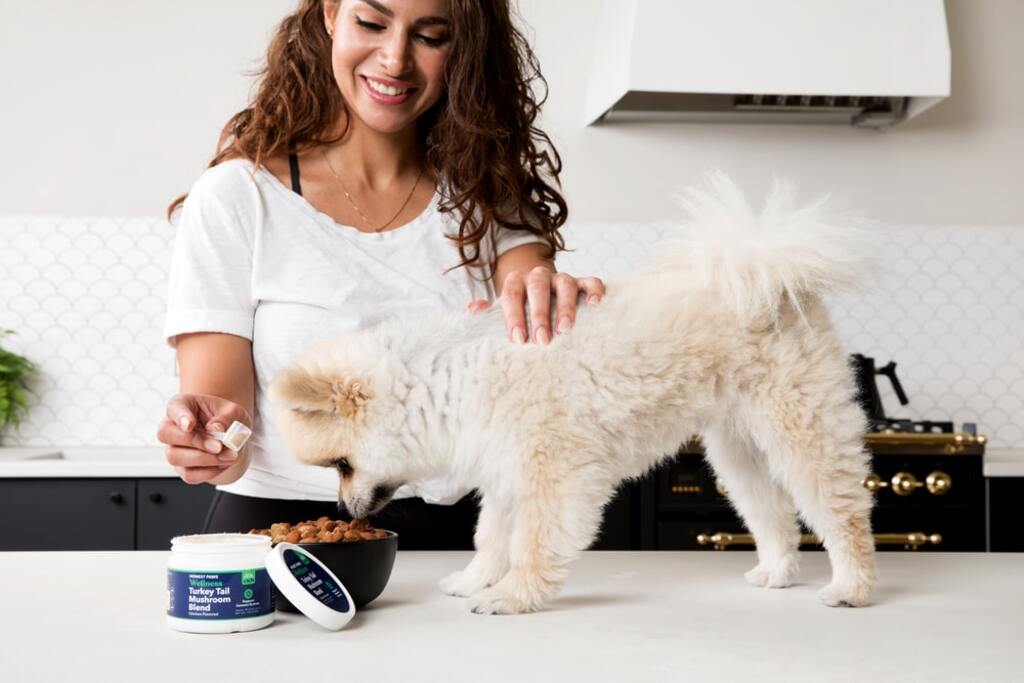
Pets. They make gloomy days bright and bright days even brighter. There’s nothing like hearing excited tippy tappers rushing to the door to give you smooches after a long day at work or school. Oh, and don’t get me to start on those heart-warming wiggly tails and soul-healing purrs. However, caring for a pet isn’t all sunshine and rainbows. Unfortunately, the harsh reality is that our four-legged pals do get sick. Anxiety, diabetes, joint problems, kidney conditions, infections… Pets can suffer from a number of illnesses so you need to give them proper animal medicines to treat their illness.Seeing your pet unwell or hearing a diagnosis for the first time can be heart-rendering. Veterinary sciences and animal medicines have come a long way and in most cases; pet conditions are fully treatable or manageable.
While no one wants to hear about diseases and pet meds at the very beginning of the pet parenting journey, being aware of everything your new little ball of fur needs and might need in the future is paramount. If you’re well prepared, you’ll be better able to help your little munchkin get back on its paws should things go south. Without further ado, here’s everything you need to know about pet medical supplies.
Why Do Pets Need Medications?

In the wild, animals have well-developed abilities to heal themselves. Capuchin monkeys get rid of pests by rubbing millipedes on their fur, chimpanzees get rid of intestinal parasites by eating certain plants, birds kill lice by rubbing ants on their feathers and so on and so forth.
However, domestic animals and pets rely on science-backed vet meds because well, they’re domesticated. Not only that they don’t have the power of nature to heal their ailments, but they’re also more susceptible to diseases.
Luckily, nowadays there’s a wide variety of animal medicines to battle a number of conditions such as diabetes, obesity, influenza, mental disorders etc. For instance, when a diabetic dog is given insulin, this condition may not affect the dog’s life expectancy at all, but if left untreated, it can dramatically shorten its life span.
Then, there’s separation anxiety which may not be fatal, but if left untreated, it can significantly reduce your pet’s quality of life. Pharmaceuticals help our four-legged and winged pals lead long and happy lives even when struck by illness.
How Many Pet Medications Types Are There?
Similarly to human medications, pet meds can be classified into several categories such as:
- NSAIDs – used to reduce pain associated with osteoarthritis
- Hormones – used to treat endocrine disorders
- Steroids – used to treat mild inflammatory conditions
- ACE Inhibitors – used to treat congestive heart failure
- Antiparasitics – used to kill or inhibit the growth of intestinal parasites
- Antibiotics – used to treat bacterial infections
- Antidepressants – used to treat behaviour problems
Do You Need Prescriptions for Pet Meds?

Not always. Some vet recommended products such as Zylkene for anxiety and Denamarine for liver support are easily available as over the counter meds. However, certain animal meds such as Amoxycillin, Augmentin, Celebrex, Dexmetsone etc, carry a legal classification which means they can only be bought with a vet prescription.
How Are Pet Meds Different from Human Medications?

Although the majority of these may seem similar if not the same as human meds, you should never, absolutely never, give human medications to your pet without consulting your vet first. For instance, if your pet is prescribing NSAIDs, you can’t just share your ibuprofen with your doggo because it can be extremely poisonous to pets. You need to buy the exact medicine that your vet has prescribed.
The same goes for humans taking pet meds. When medicine is labelled “not for human consumption”; you shouldn’t take it even if it seems exactly the same as the one in your cabinet. Animal medications don’t go through the same level of scrutiny as human meds and they may contain impurities that can be dangerous to humans.
Should You Be Worried About Side Effects?

Although vets take special precautions when prescribing meds, their use isn’t 100% risk-free. If you happen to notice that your pet is experiencing any adverse effects, you should immediately contact your vet for further instructions. He or she may decide to lower the doses, change the medicine or even stop the therapy.
Is It Safe to Buy Pet Drugs Online?
Buying pet medications online is a convenient and efficient way to obtain prescriptions and OTCs. However, you should be aware that some sketchy online pharmacies will try to lure you into buying counterfeit, illegal and even toxic products disguised under unbelievably low prices and fake names. The easiest way to determine whether an online pharmacy is reputable is to ask your vet. But you can also check the credibility yourself.
You can check whether this entity has a physical address in Australia, a working phone number or an e-mail address so you can ask questions and determine whether it’s a legitimate business. If they don’t ask for a prescription or offer unreasonably low prices, chances are they are scammers. By doing this, you can rest assured that your furry BFF gets safe and quality medicine.
Read More: What Is Metronidazole for Dogs (Uses, Dosage, Side Effects, and More)

After the initial shock of hearing that your pet needs prescription meds and acquiring said prescriptions from a reputable source, you’ll be faced with another tricky situation. How on earth do you get your Mr Whiskers or Fido to swallow that bitter little pill? Don’t worry, I’ve got you covered.
Instead of wrestling your pet to swallow the medication; you can mix it with flavourful wet food or stick it into their favourite treat. Believe me, this works 90% of the time.
But what happens with the other 10%, when the clever little snout is onto your plan? Well, you can mix the medicine with some peanut butter or cream cheese and spread it on their paws. Both cats and dogs can’t stand having anything on their tippy tappers; so they’ll probably be quick to lick it away.
If all else fails, you can buy a nifty tool known as a pet pill gun. As it allows you to safely administer oral medicine down your pet’s throat with minimum fuss.
Discover More











